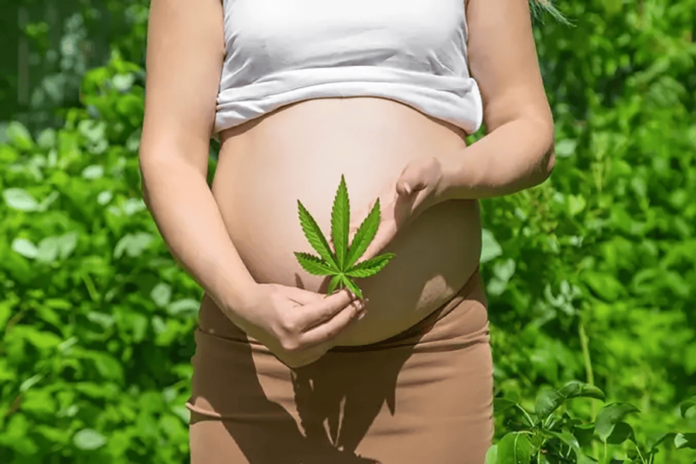Recent studies indicate that exposure to cannabis during pregnancy may adversely affect a child’s cognitive and behavioral abilities, such as impulse regulation, focus, and aggression—factors essential for success in both academics and social interactions. Researchers examined preschoolers who had been exposed to cannabis in utero and discovered that they exhibited diminished control over their impulses and emotions.
These results are consistent with previous findings and highlight growing concerns as the potency of cannabis has escalated over time. Experts strongly advise expectant mothers to refrain from using cannabis and to seek guidance from healthcare professionals regarding safer methods for alleviating pregnancy-related symptoms. Leading pediatric and obstetric organizations caution against cannabis consumption during pregnancy due to the potential health hazards it poses for both the mother and the child.
Key Facts:
- Exposure to cannabis during pregnancy can impact impulse regulation, focus, and aggressive behavior.
- The higher potency of cannabis available now could pose greater risks than in previous years.
- Specialists suggest exploring safer options for addressing symptoms related to pregnancy.
With the legalization of cannabis and its growing availability in multiple forms nationwide, health care professionals are increasingly worried about its effects on children.
Recent research from Nationwide Children’s Hospital contributes additional evidence suggesting that prenatal exposure to cannabis may harm child development.
A recent study featured in JAMA Pediatrics has revealed that exposure to cannabis during pregnancy is linked to diminished cognitive abilities and behavioral issues in early childhood, including difficulties with impulse control, attention, planning, and an increase in aggressive tendencies.
These factors are crucial for children’s academic success and social interactions. Dr. Sarah Keim, the principal investigator at the Center for Biobehavioral Health at Nationwide Children’s Hospital and the study’s lead author, cautioned that despite cannabis being a natural substance, its use during pregnancy poses significant risks.
Some expectant mothers might resort to cannabis to alleviate common pregnancy challenges like nausea, sleep disturbances, and stress; however, this practice is discouraged. It is essential for these women to seek advice from healthcare professionals regarding safer alternatives for managing such issues during pregnancy.
The researchers conducted various evaluations, which included parent questionnaires about their children’s behaviors as well as assessments of skills associated with impulse control, attention span, problem-solving abilities, and emotional regulation in preschoolers.
The findings indicated that children who had been exposed to cannabis struggled more with impulse control and attention while exhibiting increased aggression during observed play scenarios. Dr. Keim noted that these results were not unexpected but rather reinforce and broaden existing evidence from earlier studies.
This study reinforces earlier findings and backs current clinical guidelines for patients, thanks to our modern and varied group of women and children, along with the significantly increased strength of cannabis compared to previous decades.
Both the American Academy of Pediatrics and the American College of Obstetricians and Gynecologists advise against using cannabis during pregnancy due to potential health hazards for both mothers and their children.

